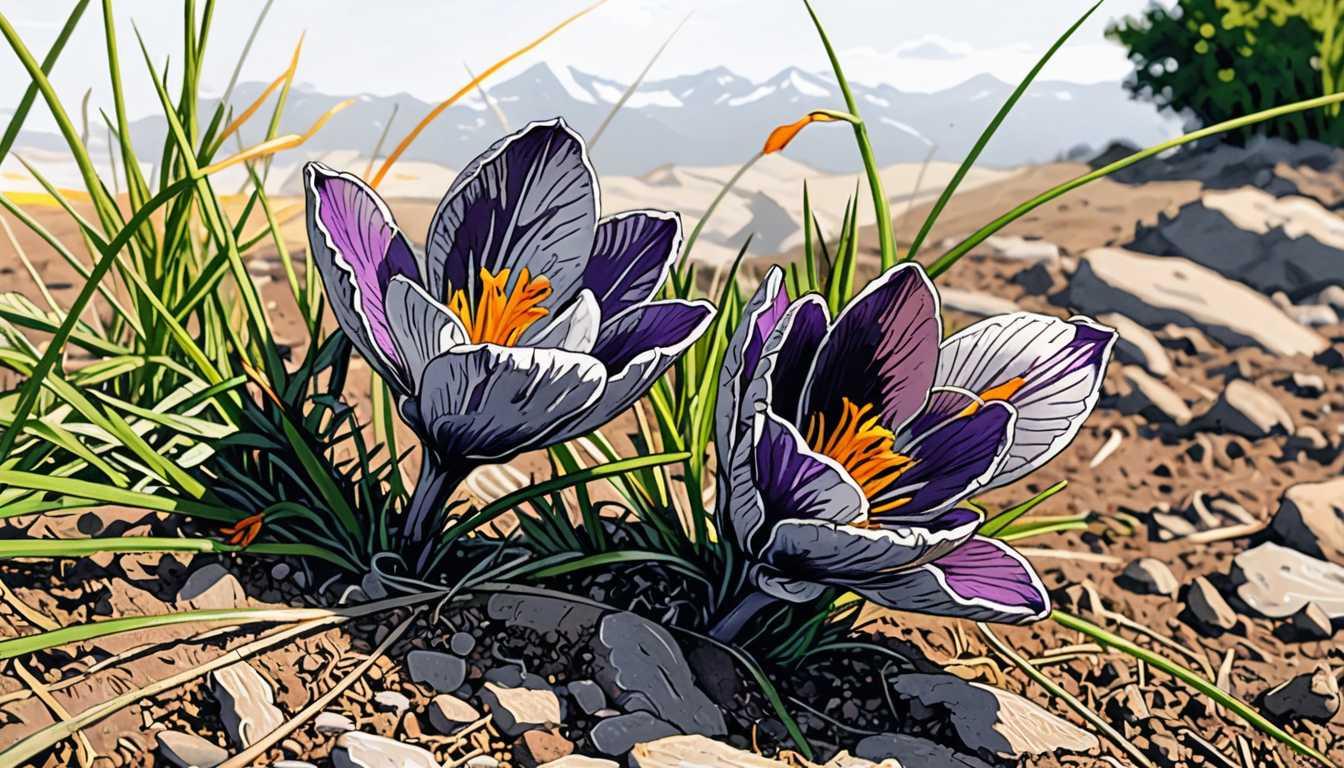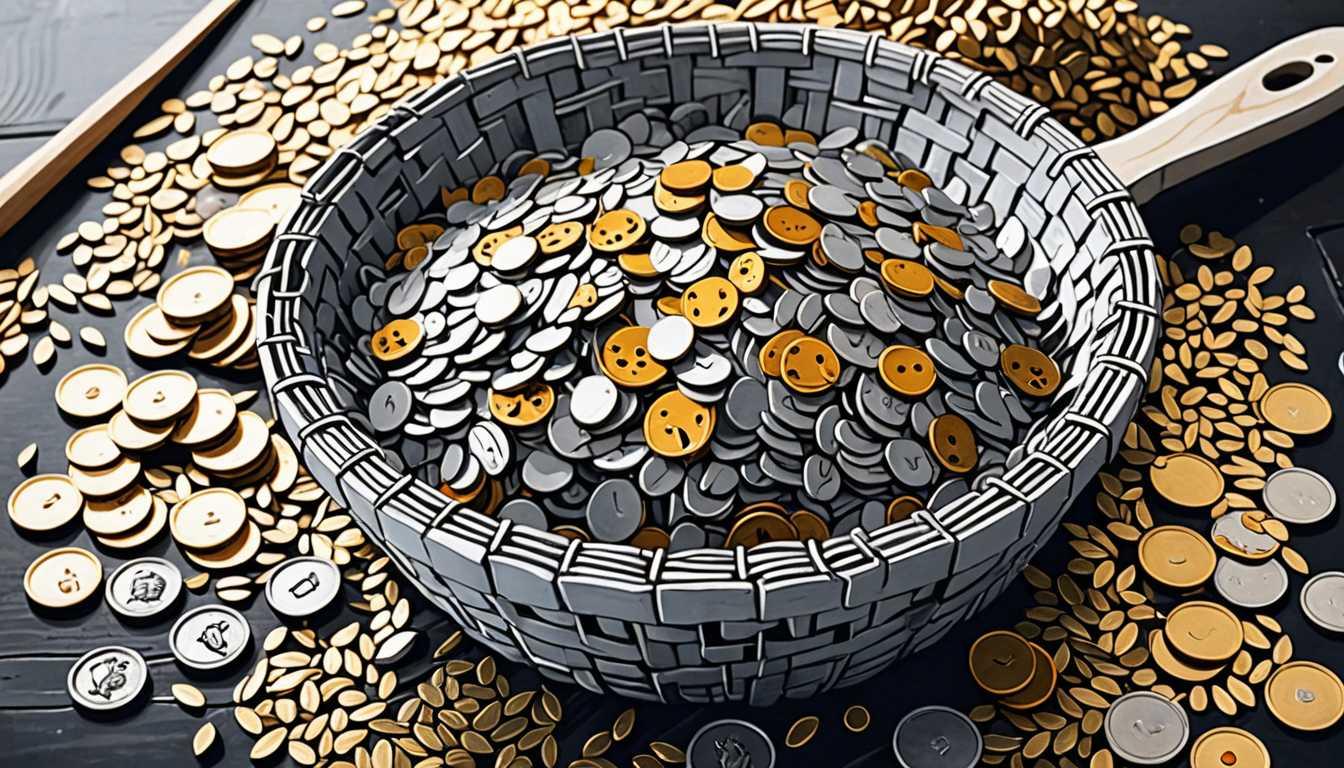Cloves: A Spice that Shaped Empires
September 2024
JSTOR Daily
Introduction
Hey there, spice explorers! Did you know that the humble clove was once worth its weight in gold? This fascinating article from JSTOR Daily dives into how cloves, native to the exotic islands of Indonesia, sparked a fierce spice race among empires looking to cash in on their incredible flavor and medicinal powers. From ancient trade routes to modern spice racks, discover the wild history of how this little bud shaped global empires! Get ready to spice up your knowledge!
READ FULL ARTICLEWhy It Matters
Discover how this topic shapes your world and future
Unpacking the Spicy Legacy of Cloves
Cloves are more than just a flavorful addition to your favorite dishes, they tell a fascinating story of trade, culture, and power throughout history. Understanding how cloves went from being rare treasures in ancient markets to commonplace spices in modern kitchens opens up a window into global economics, colonialism, and ecological dynamics. This topic highlights key concepts such as globalization, the impact of trade on cultures, and the delicate balance between human needs and nature. You can see how the story of cloves connects to today's world, where the choices we make about what we consume can still affect economies and ecosystems across the globe. Plus, it’s intriguing to think about how a small spice once shaped empires and influenced human relationships with the environment!
Speak like a Scholar
Globalization
The process by which businesses or other organizations develop international influence or operate on an international scale, leading to increased interconnectedness of economies and cultures.
Colonialism
The practice of acquiring full or partial control over another country, occupying it with settlers, and exploiting it economically.
Ecosystem
A community of living organisms (like plants, animals, and humans) interacting with their environment, including physical and chemical factors.
Monopoly
The exclusive possession or control of the supply or trade in a commodity, leading to limited competition in the market.
Culinary
Relating to cooking or the kitchen, often used to describe the art or style of preparing food.
Aphrodisiac
A substance that is believed to increase sexual desire, pleasure, or sexual ability, often derived from plants or food.
Independent Research Ideas
The Role of Spices in Global Trade
Investigate how spices like cloves influenced trade routes and economic relationships between countries in the past. Consider the ways this shaped cultural exchanges and interactions.
The Ecological Impact of Spice Cultivation
Research the environmental effects of cultivating spices like cloves, focusing on biodiversity and the balance between agricultural practices and natural ecosystems.
Colonialism and Indigenous Knowledge
Explore the relationship between colonial powers and Indigenous populations regarding the use of spices for food and medicinal purposes. How did Indigenous knowledge influence European understanding of these spices?
The Evolution of Culinary Practices
Analyze how the introduction of cloves and other spices into European cooking transformed culinary traditions. What were the social implications of these changes?
Modern-Day Spice Trade and Fair Trade Practices
Examine the contemporary spice trade, focusing on issues like labor rights, fair trade, and sustainable practices. How can consumers make informed choices about the spices they purchase?
Related Articles

Potato Power: A Historical Culinary Revolution
July 2024
JSTOR Daily

Unraveling the Mysteries of the Silk Road
October 2024
JSTOR Daily

Saffron: A Spice Worth Gold
March 2024
JSTOR Daily

Rice: The Grain That Shook a Shogunate
September 2024
JSTOR Daily

Mapping Ancient Migrations Through DNA Magic
January 2025
King's College London - News